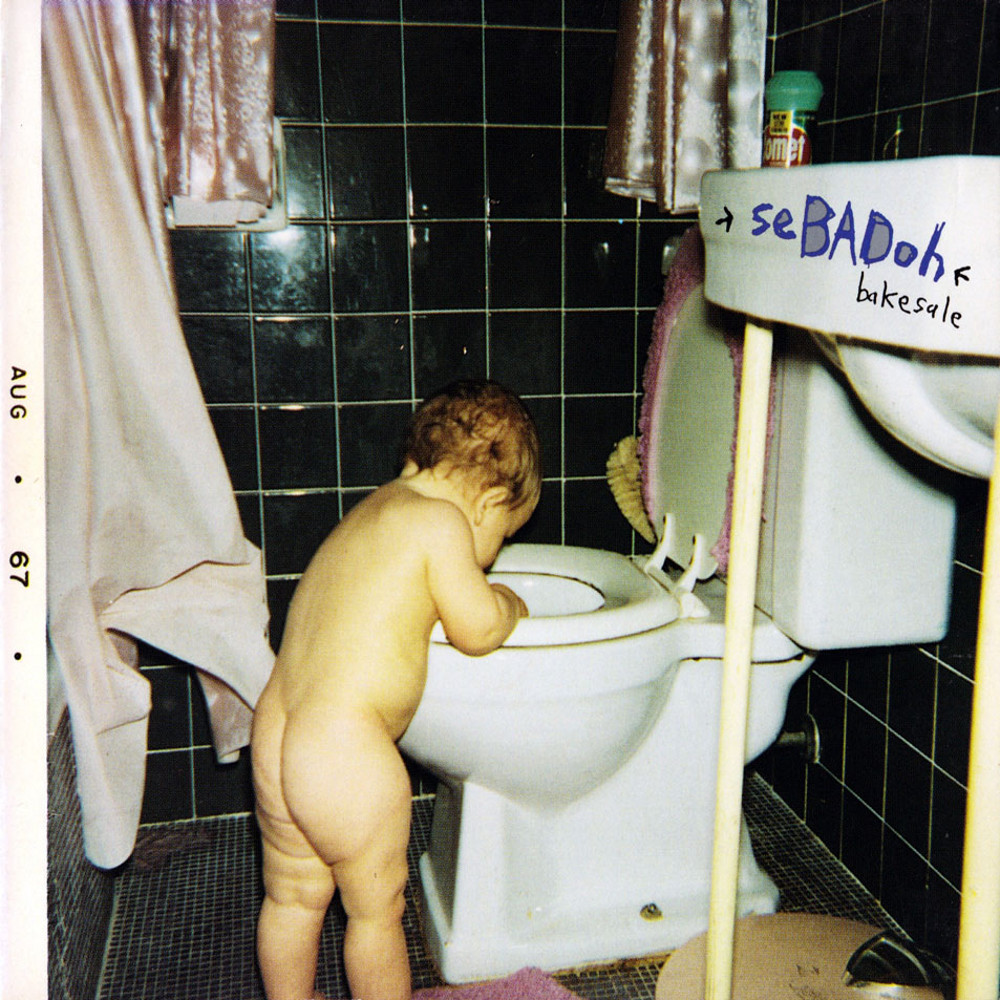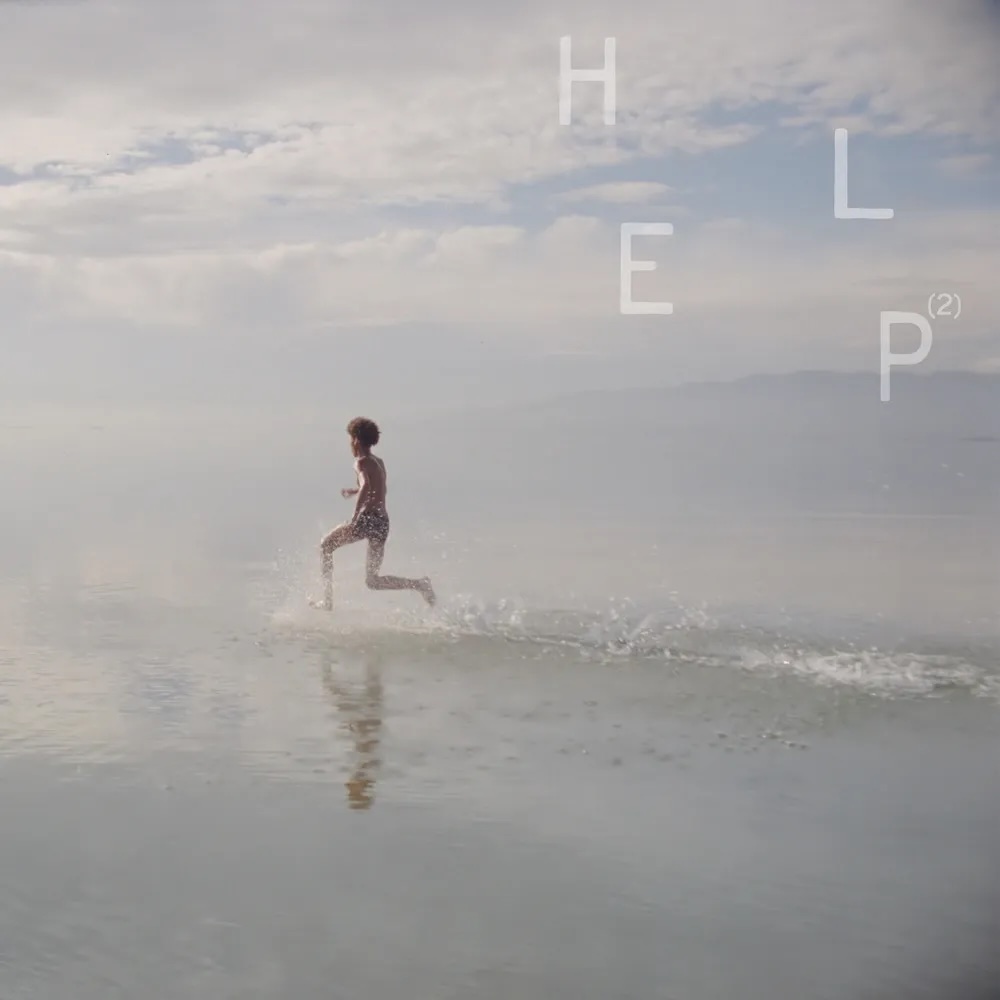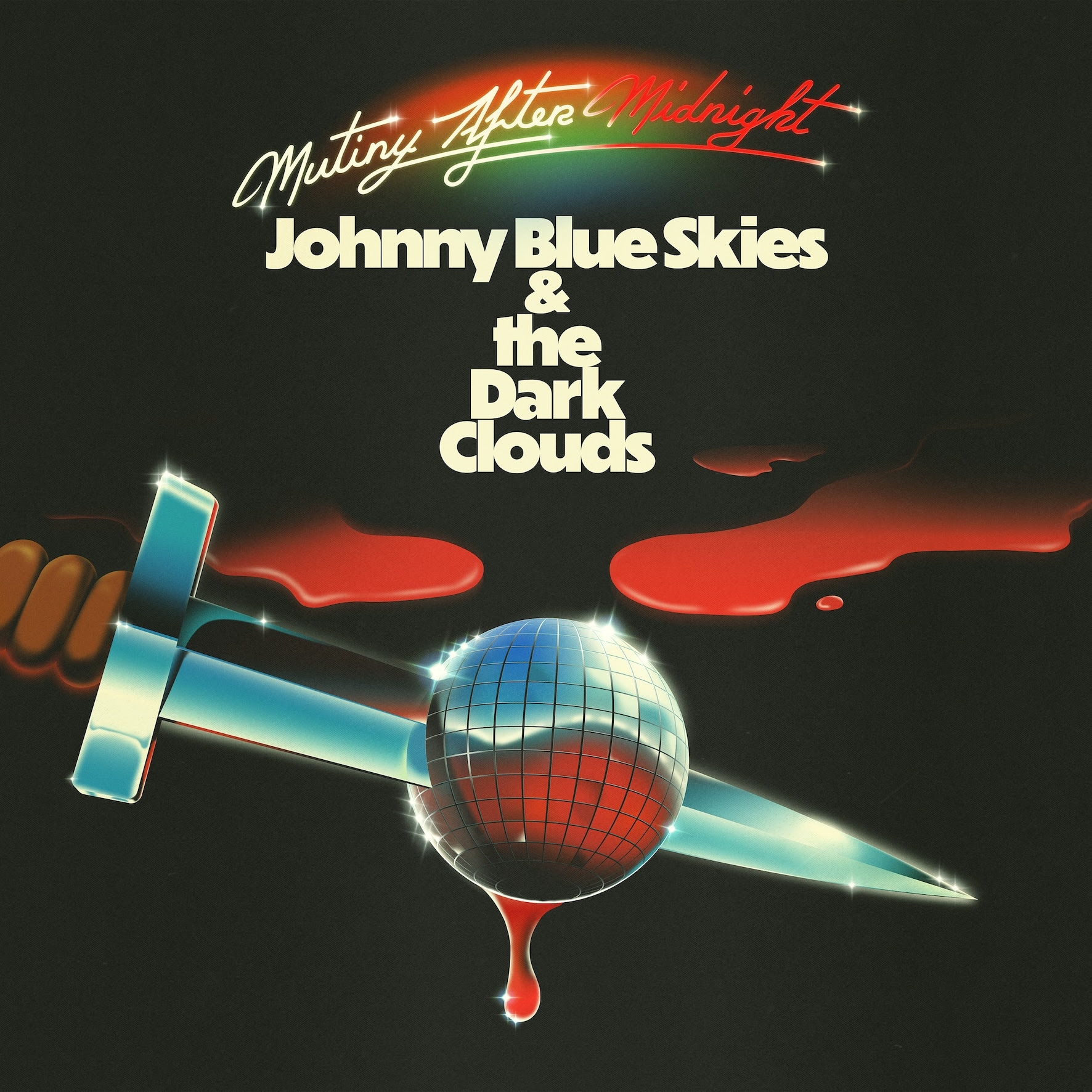"Dinosaur have this weird Teflon thing," Sebadoh frontman Lou Barlow told me in a 2013 interview for Under The Radar. "Sebadoh's more vulnerable. There are more faces to the band. You have the strength of [co-frontman] Jason [Lowenstein]'s material, which is stunning. It creates something complicated. And fans kind of want things simple. But Sebadoh have always been something that flew in the face of that. We always changed directions quickly, and we're always in transition, and that leaves us kind of vulnerable to people just deciding that we suck."
Barlow was parsing the difference in popularity between his two bands -- Dinosaur Jr., in which he was a supporting member, and Sebadoh, in which he was he star -- but he could have been comparing Sebadoh to any prominent contemporary from the '90s. It was succinctly put, and probably true, and a major reason Sebadoh didn't break out big-time in their heyday, particularly on Bakesale, when they seemed eminently poised to graduate from small clubs to mid-sized theaters. It wasn't to be, for a litany of reasons, but Bakesale's songs certainly weren't among them.
The Lowenstein-Barlow partnership never found a better symbiosis than on Bakesale. Drummer Eric Gaffney had been jettisoned by that point, save four songs he drummed on during an early Bob Weston session, his miasmatic psych proclivities having been gradually phased out since III anyway, leaving the oft-maligned Bob Fay to man the kit. What Fay lacked in flash, he made up for in mettle. He wasn't as erratic as Gaffney, and his presence on the record provided a steadying, metronomic force for the digression-prone Barlow and Lowenstein.
"You're so off, you're on," Lowenstein sings on "Shit Soup," a line that could be viewed as something of a manifesto for Sebadoh. It found its apotheosis on Bakesale, perhaps the supreme example of the band's status as the "Beautiful Losers" of the '90s. I've argued that Bubble & Scrape is their finest moment, but Bakesale is their most coherent album, and when one examines the indie milieu it was created in, it's all the more remarkable. Never exuding the miles and miles of style of Pavement, the scarred yet self-assured pogo-friendly numbers of Superchunk, or the cocksure, fuck-all melodic scruff of Guided By Voices, Sebadoh felt entirely self-contained. Hell, Bob Nastanovich of Pavement once told me that he was convinced that his then-roommate Lowenstein couldn't stand Pavement, as he never even brought them up.
Yes, they were tentative on occasion, with cognitive dissonance and passive aggression veiling them at times like the cloak of the Grim Reaper, but sometimes a fuse would light during a live gig -- during a particularly erratic show at St. Andrews Hall in Detroit circa 1994, after the stomp of a foot, a few arguments and sidelong glances, mid-way through the set, something just clicked, and it was magisterial from there on out, a headlong rush of mid-tempo rockers, tender balladry, and stentorian grinding numbers that left mouths agape. Conversely, there was the time Barlow pounded his head against an amp relentlessly during a Reading Festival set, only to have Courtney Love castigate him backstage for mocking her dead husband, an avowed Sebadoh fan (which wasn't Lou's intention in the least). By most accounts, they were a damn unpredictable live band back then, capable of playing with divine fire, while just as quickly extinguishing it with an ill-timed gear malfunction or a flubbed chord.
Thematically, Bakesale dwells on the realities of sustaining a relationship and dealing with attendant breakups -- the lack of communication, the feared, stilted conversations ... the work, essentially. Barlow infamously appeared on MTV's Sex In The '90s around this time, clad in a black Joy Division T-shirt, discussing the vicissitudes of his relationship with his eventual wife Kath. And really, Bakesale often riffs on this theme throughout. On "Not A Friend," he suggests, "And I may never forgive you/ because I can't forgive myself," slyly hinting at perfidy. He seeks redemption on the seismic rave-up "Rebound," still a standard in Sebadoh setlists, which is nothing but pure fantasy, as he realizes he's unfuckable as a "sad and sloppy mess looking for approval." He comes clean on closing number "Together Or Alone," as a lachrymose, threadbare melody finds him rather unconvincingly intoning, "I'm not afraid of being alone." But he is alone, and it hurts.
Lowenstein is on fire throughout the album. "Careful" is a powerhouse, its chords sizzling like bacon fat on a hot griddle, while "Not Too Amused" even veers into tender, Barlow-esque ballad territory, as Lowenstein laments with smoldering anger, "When will you be through with me? I'd like to know," over a grinding melody fusing the slow-motion sugar fuzz of Hüsker Dü with a queasy coda reminiscent of Half Japanese. The torque-driven "Drama Mine" pays homage to Lowenstein's heroes Mission Of Burma and the Minutemen in its near-hardcore crashing ambitions.
If there's a Sebadoh album for a neophyte to begin with, this is likely it. It doesn't have the highs of Bubble & Scrape, nor the epochal status of Sebadoh III, but Bakesale is the record you'll find yourself captivated by most immediately, listening to from start to finish. After doing so recently, I was thinking about how often Sebadoh and their ilk were dismissed as "slacker rock," a term sadly germane to the American indie scene of the '90s, and it reminded by a quote from Iggy Pop used by Mogwai at the beginning of their album Come On Die Young: "I don't know Johnny Rotten but I'm sure he puts as much blood and sweat into what he does as Sigmund Freud did. You see, what sounds to you like a big load of trashy old noise is in fact the brilliant music of a genius, myself. And that music is so powerful that it's quite beyond my control, and when I'm in the grips of it I don't feel pleasure and I don't feel pain, either physically or emotionally. Do you understand what I'm talking about? Have you ever felt like that? When you just couldn't feel anything, and you don't want to either. You know, like that?" Smash your head on the punk rock.






